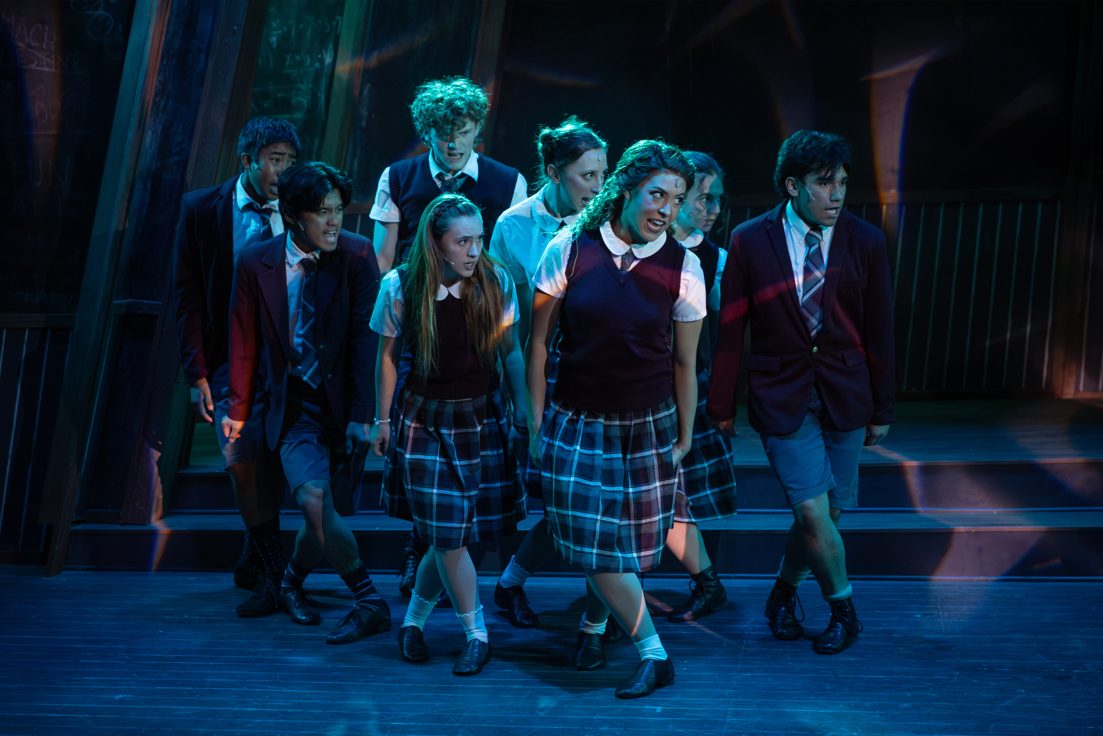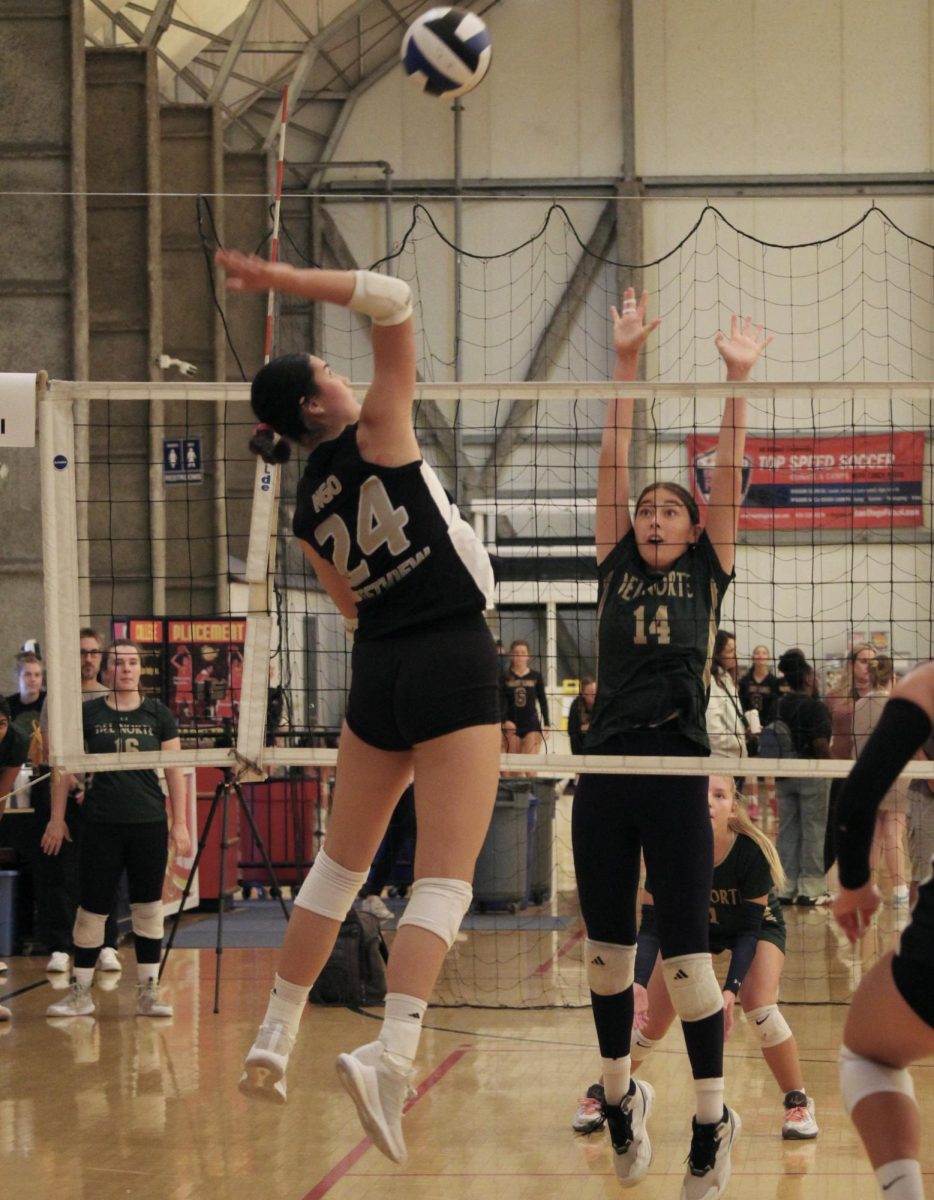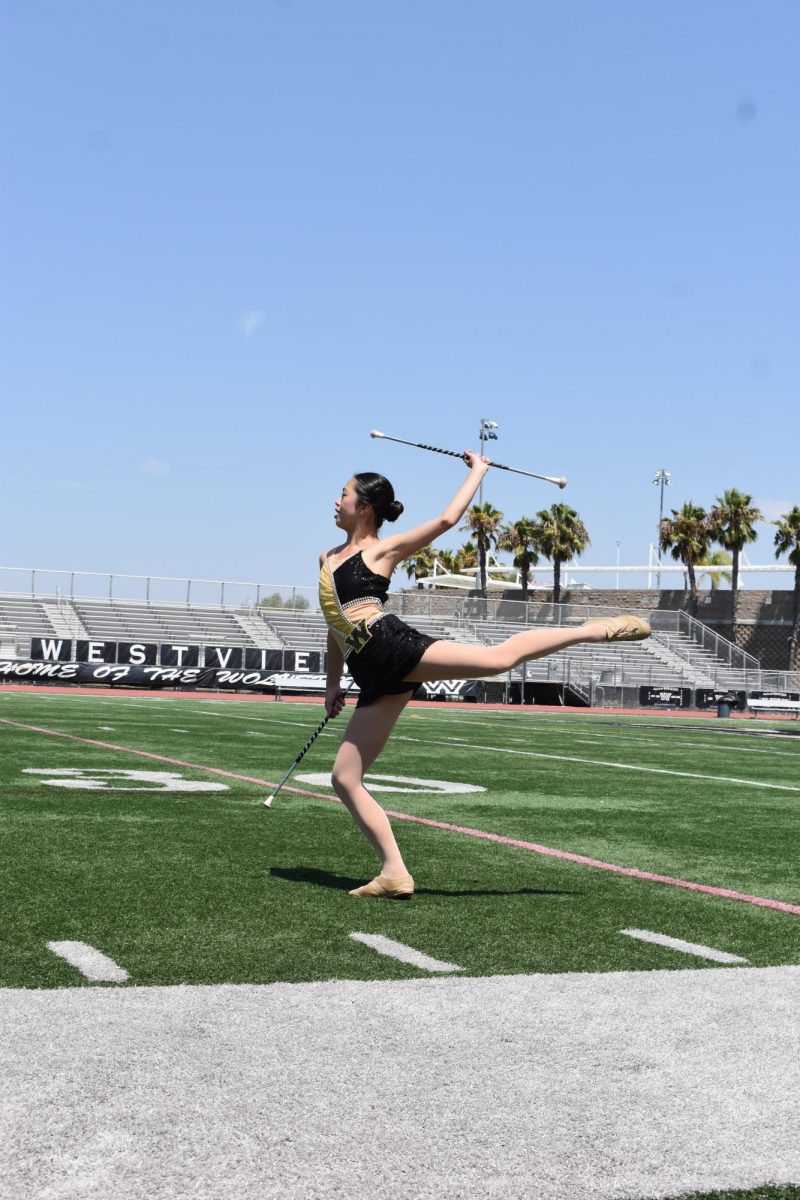Freedom of speech has been considered such a crucial foundation of our democracy that it was written into our Constitution as the First Amendment: “Congress shall make no law…abridging the freedom of speech, or of the press; or the right of the people peaceably to assemble, and to petition the Government for a redress of grievances.” In other words, our most basic constitutional right as Americans is to have the ability to express our viewpoints, whatever that may look like, in a legally protected manner.
So, when the execution of that fundamental right gets called into question, Cammie Beal (10) can’t help but be alarmed.
Over the summer, Beal participated in an online auditing course called American Government Constitutional Foundations at Harvard University, where she dissected the intentions of some of the amendments in order to gain a deeper understanding of their relevance today. Beal said that this experience made her recognize how vital freedom of expression is in every aspect of our lives, both politically and socially.
“What really stuck with me from that course was a quote, ‘America should be a country of laws, not of man,’ where it’s saying that the American government should be based on and fall within the set of laws that they created,” Beal said. “It shouldn’t be one person just doing whatever they want and ruling it. We didn’t intend for [the country] to be governed with a king, but with a group of a lot of people who are trying to replicate the voices of the people and do what’s best for the country.”
Charlene Anne Warner, a political litigation and compliance attorney at Snell & Wilmer, said that the protections of the First Amendment are crucial for a healthy democracy where people are encouraged to share ideas.
“The First Amendment is essential to the protection of having a robust functioning democracy, in order to have a populace that is both comfortable and also encouraged to share different views about things,” Warner said. “That’s essential for holding our political leaders accountable. Ultimately, the intent would be to find what truth is, which was a philosophical underpinning of the First Amendment, and the idea is if we have all these different voices in the marketplace of ideas, then ultimately, the truth is found somewhere in there.”
As a member of the Youth Advocacy in Law Club, Evan Russo (12) is passionate about speaking his mind on the issues that he cares about. He said that because of this right, our country can flourish in the way as laid out by the founding fathers.
“Free speech is important because it’s the foundation of our democracy,” Russo said. “If we want to have a government that represents what the people want best, we need those people to be able to share their minds and what they want on certain issues. When we restrict free speech, we don’t get an accurate representation of what the people in the country want. When we’re able to express ourselves, that’s when we function best as people.”
Warner said that one key reason why the First Amendment is so vital to the principles of our country is its ability to protect and defend other amendments, like the second amendment.
“There are different elements of the First Amendment, [like] freedom of religion, the Establishment Clause, the Petition Clause, the right to Assembly, and things like that,” Warner said. “The speech aspect, specifically, is foundational to the protection of other amendments because in order to have any teeth to the Second Amendment, you have to have a populace that holds the government accountable when the government oversteps on its authority in regulating those things.”
The United States, Warner said, has a unique ability to prioritize the voices of the people, which has defined our cultural identity since the country was founded.
“The United States is a pretty unique country,” Warner said. “The First Amendment is one of the few free speech protections that’s actually culturally robust. There are other countries, like the UK, where they have free speech in their constitutions, but either the enforcement of it or understanding of it is much more restrictive than ours. The United States has a very open libertarian-esque understanding of what speech is and how we protect it, so that’s why in the United Kingdom right now, you see people getting arrested for tweets, and that wouldn’t fly in the United States. I think that’s something that is very culturally unique, and that’s been part of our cultural identity.”
Beal said that, to her, free speech is about collaboration in order to make changes for the betterment of the country.
“When free speech is taken away, you’re not following what the people want, which usually leads to two things: either people leave or people revolt,” Beal said. “The importance of free speech is we can discuss what needs to be discussed and we can share our opinions, our perspectives, and as a group we can collectively come to an agreement that should benefit the majority of the country.”
An example of the application of opinionated discussion is the controversy of the 2020 election. Warner said that the ability for people to question the election was necessary to prevent a controlling society.
“I think, for instance, the 2020 audit controversy where there were some folks who had questions about the 2020 election, and some folks who vehemently disagreed with that,” Warner said. “There’s an argument to be made about, ‘oh, we’re casting doubt on the veracity of our elections’ and things like that. If we didn’t have the ability to ask questions about that then you could end up in a situation where there are truly problems and you can’t do anything about it.”
Russo said that the consequences of not abiding by the guidelines of the First Amendment will result in a country where people are afraid to speak their minds.
“If we don’t have free speech, we get into a 1984 book type of scenario,” Russo said. “My thing with hate speech is at a certain point ‘anti-government speech’ then becomes classified as hate speech. And if it does, you just get to a point where nobody can speak their minds at all, and then you’ve just got a very docile society.”
Russo said he often questions where the line is drawn before strong opinions become spiteful attacks, specifically in the Jimmy Kimmel case, where the government took action and restricted his speech.
“I agree that hate speech exists, but if we let the government criminalize people for words, when do you draw the line and who decides what’s hate speech and what’s not,” Russo said. “It’s like a rabbit hole that’s hard to control. And then you get to the point of, can the government say that anything is hate speech? What if the current administration says, ‘I don’t like what this person’s saying, it’s hate speech, they’re now punished.’ It’s too much power to give to the federal government, but I think that talking about individual consequences, [like] if you say something hurtful, you could get fired from your job. People could choose not to associate with you; that’s sort of the natural punishment that comes out of it.”
Warner explained that hate speech doesn’t have an objective definition. She said the social and legal definitions of hate speech vary depending on the context of the accusation.
“Hate speech is still considered protected speech,” Warner said. “It’s actually a new terminology; it’s never really appeared in historical First Amendment precedent as a term. I think that politically, we tend to define hate speech as ‘speech that I hate.’ One can debate the social utility of hate speech, but the core of what free speech is supposed to protect isn’t speech that everyone likes; otherwise, we wouldn’t need the First Amendment. So, it’s kind of a murky subjective thing.”
However, Warner said that some categories of speech aren’t protected because they have limited social value and suppress other ideas. While these categories exist, Warner said many people don’t understand the difference because of a lack of general knowledge of the distinction.
“We have categories of speech that are considered to be unprotected,” Warner said. “For instance, incitement to violence, that’s not protected speech, true threats, that’s not protected. Obscenity is not protected, defamation is not protected. Those particular forms of speech, even though they’re technically considered to be words that people say or messages they’re intending to communicate, have either limited social value or are antithetical to a marketplace of ideas. So, for instance, incitement. If someone is inciting to violence, you’re encouraging other people to shut down other people’s speech. Legally, I think that we do a pretty good job, but I don’t think it’s really translated over into the culture.”
In the Masterpiece Cakeshop v. Colorado Civil Rights Commission case in 2018, Colorado tried to enforce its LGBTQ+ anti-discrimination provision when a baker denied a gay couple a custom wedding cake due to his religious beliefs. The baker fought back, arguing that utilizing his artistic skills was a violation of the First Amendment, and the Supreme Court ruled in his favor. Warner said that this case was an example of how discriminatory views are still protected under the Constitution.
“In that case, when there’s something that’s super controversial on a political level, the Supreme Court said just because a view is unpopular or considered to be unacceptable doesn’t mean that it’s not entitled to free speech protection,” Warner said. “I think recapturing the essence of what free speech is vital here.”
Warner added that on the federal level, many groups like the American Civil Liberties Union and the Alliance Defending Freedom have advocated for free speech, resulting in the Supreme Court and state courts ruling for less speech restriction.
“We’ve got a lot of advocacy groups on the left and the right [that are] pushing for protection of speech that is fundamentally unpopular speech,” Warner said. “The Supreme Court has really shown a willingness to uphold those protections. That could always change, but I think with the Supreme Court doing that, you’ll see a lot more, at the political level, city governments, county governments, state governments, engaging in less behavior that restricts unpopular speech.”
Warner said that with more cases voting in favor of speech, she sees it continuing to be preserved. Most importantly, she said she sees the fundamentals of the American Constitution continue to be respected.
“I see a trend towards more of a libertarian view of speech culturally, and then at the Supreme Court level, most of the recent cases concerning free speech have been in favor of speech, and I think that that’s a good thing,” she said. “Philosophically, the current makeup of the Supreme Court is committed to that. Right now, the court is really focused on history and tradition, textualism, things like that. And so, if nothing fundamental changes about that, I think that speech will continue to have robust protections, at least on the legal side.”




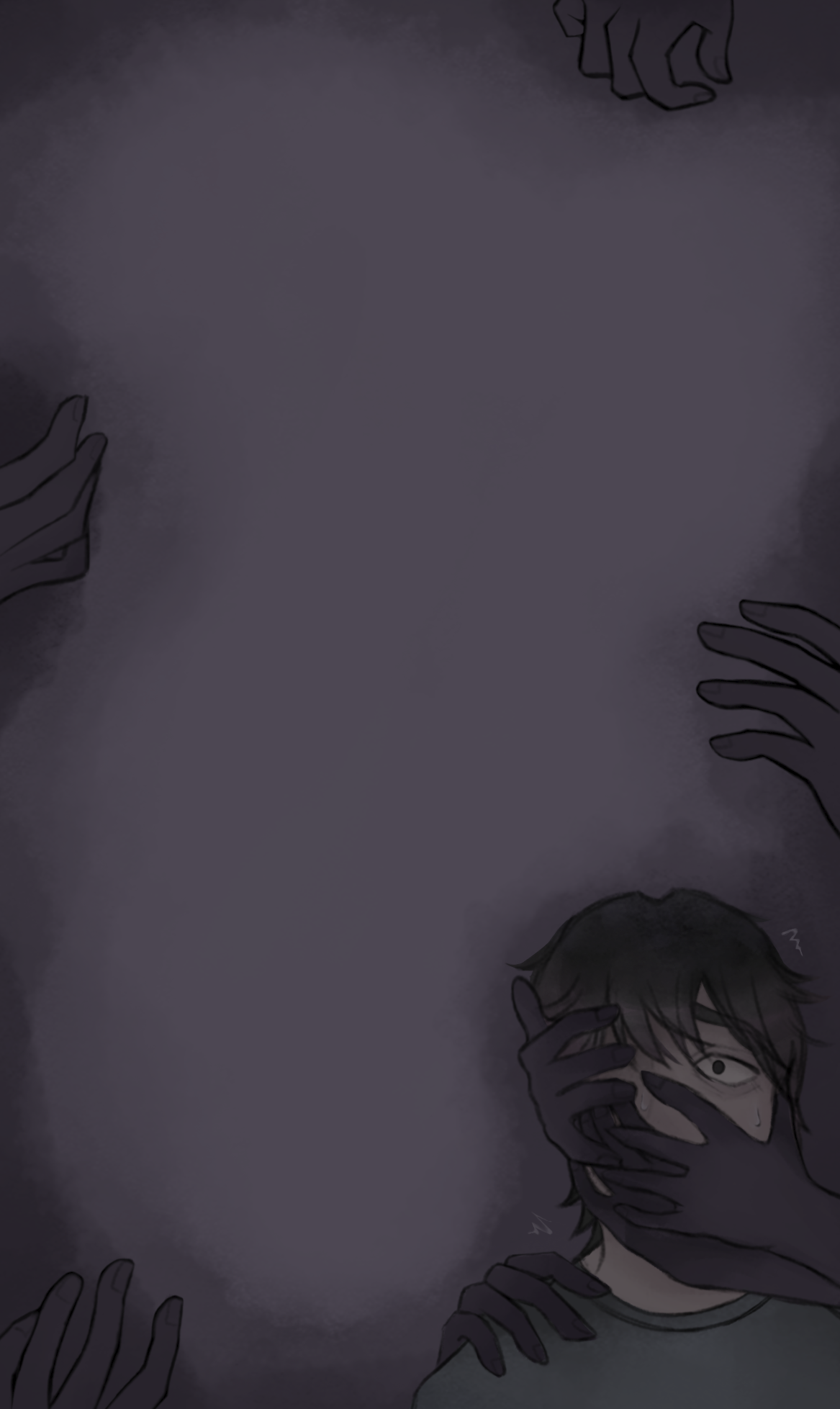
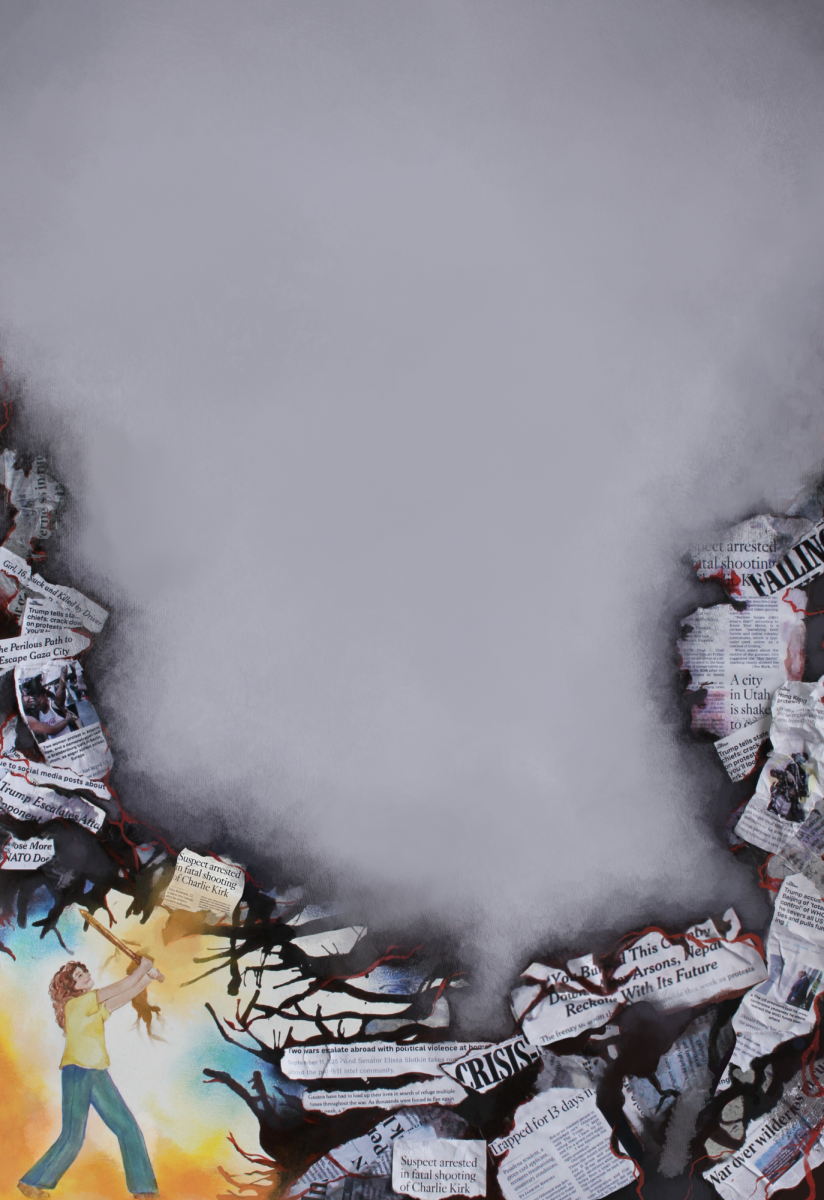
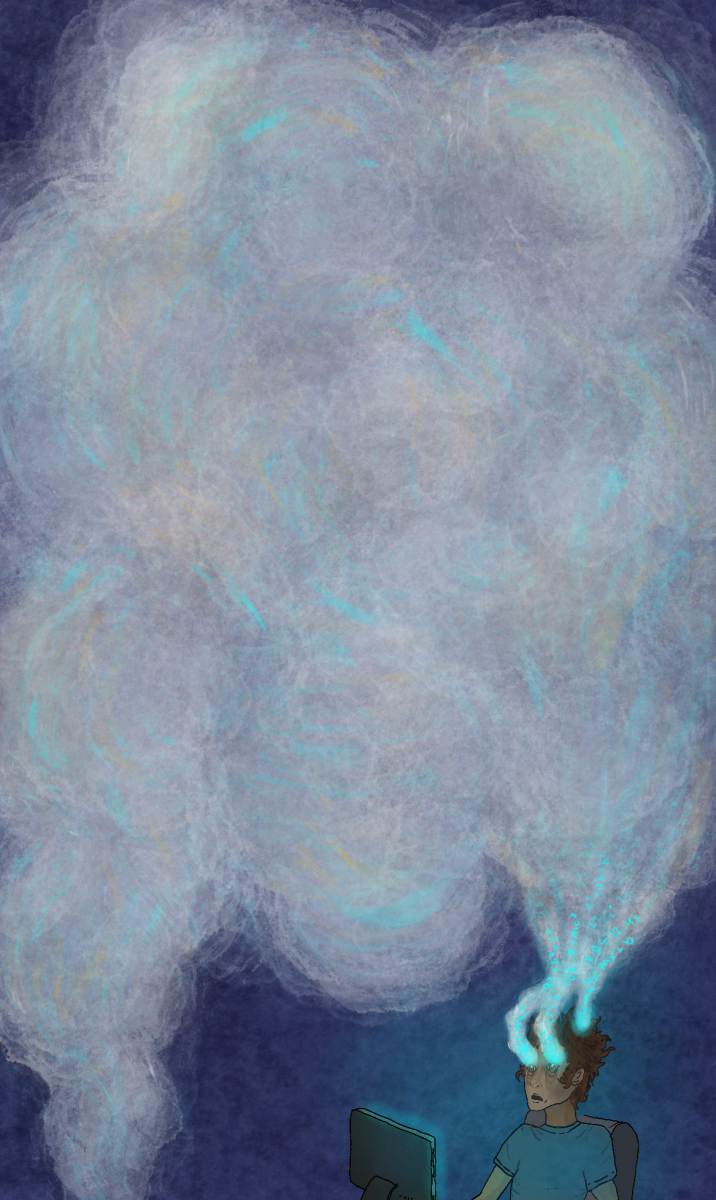

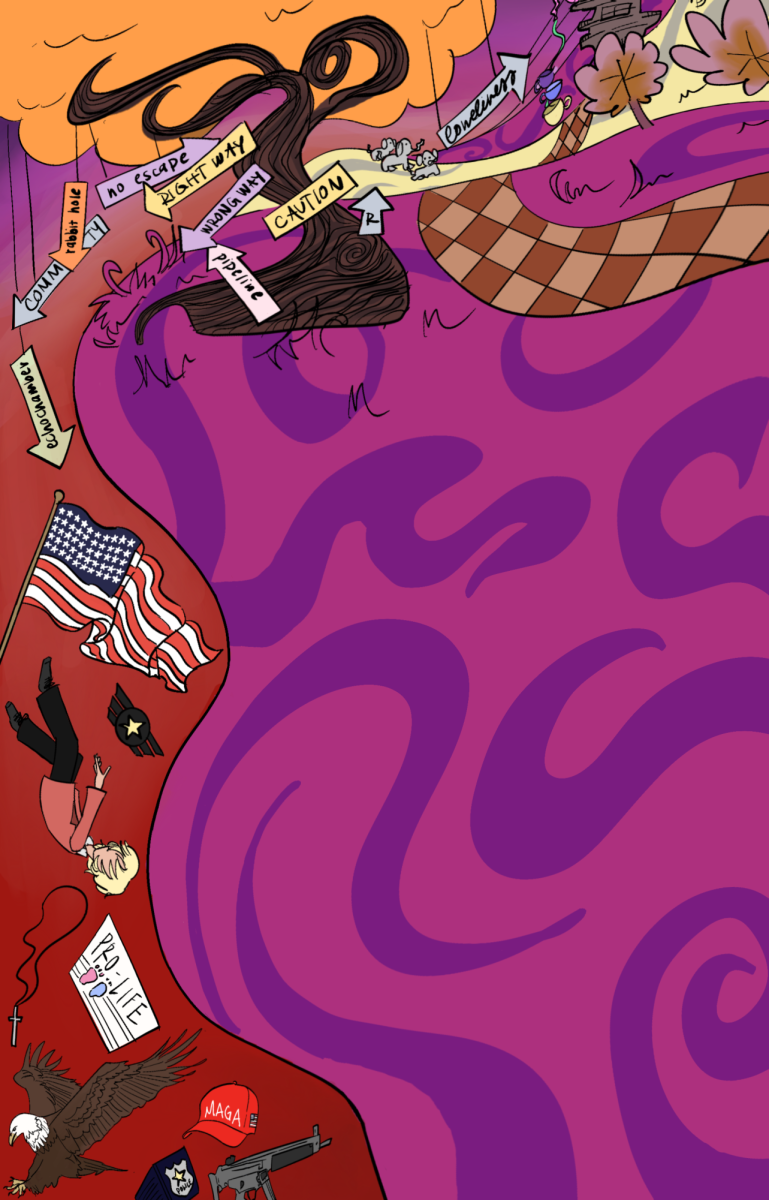

![Jolie Baylon (12), Stella Phelan (12), Danica Reed (11), and Julianne Diaz (11) [left to right] stunt with clinic participants at halftime, Sept. 5. Sixty elementary- and middle-schoolers performed.](https://wvnexus.org/wp-content/uploads/2025/09/IMG_1948-800x1200.png)
